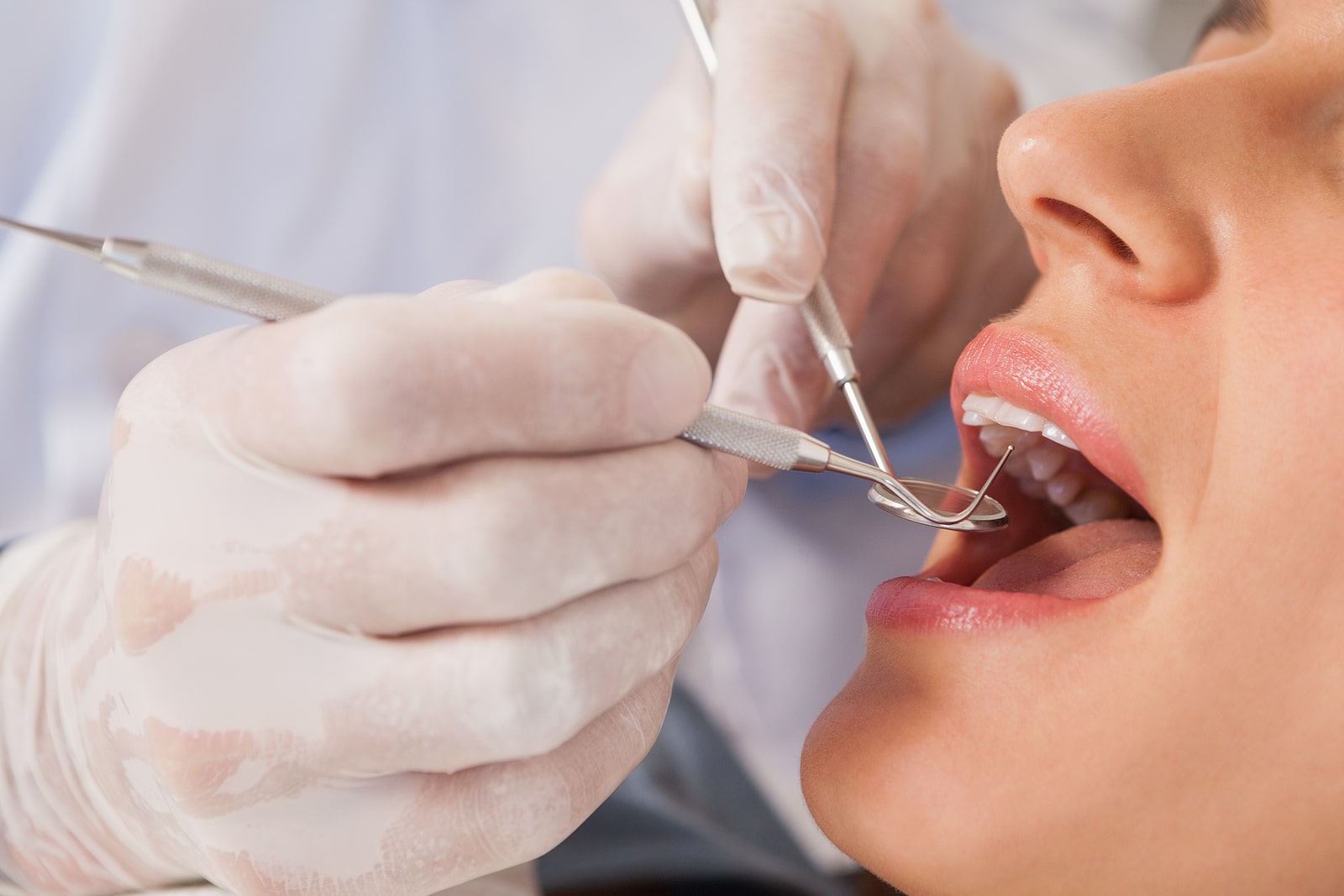
Do You Need To See A Dentist For Dental Abscess Antibiotics?
If you are worried about a dental abscess or are dealing with the agonising pain that is sometimes caused by them, the first step many

Planning a holiday or business trip takes a significant amount of time and effort – and, of course, you’re sure to be excited about the venture, whatever you have planned.
As such, it can be incredibly frustrating to be feeling under the weather as your date of travel approaches… and, in some instances, it may actually be unwise to go away at all, depending on the level of affliction.
If you have a tooth infection, for example, you may still be able to travel but it’s important to do some research into your particular condition and be aware of any potential risks, particularly if you plan to fly.
A tooth infection manifests when bacteria makes its way into the inner layer of the tooth (known as the pulp). This can be down to a range of different causes, everything from cracks and chips to plaque buildup, tooth decay and gum disease.
If you’re experiencing swelling, pain and general discomfort, it’s highly possible that you do have an infection. It’s vital that you don’t ignore the problem as it won’t resolve itself on its own – and, if left, it can quickly become serious, with severe health implications a very real possibility.
With dental abscesses, symptoms include:
– Intense throbbing pain in the affected area
– Radiating pain that spreads to the neck, jaw and ear
– Redness and swelling in the face
– A loose tooth
– A discoloured or tender tooth
– Bad breath
– An unpleasant taste in the mouth
– Sensitivity to hot and cold stimuli
– Fever, if the infection spreads
– Difficulty swallowing or breathing
– Difficulty opening your mouth fully
If you know you have a burgeoning problem of this kind and have travel plans on the horizon, it’s generally advisable to see a dentist before you go to prevent further complications.
The dentist will be able to judge how severe your infection is and give you possible treatment options. It may be that emergency dentistry is required if the infection is severe.
If you’re unable to get a dentist appointment, you can buy yourself some time by buying amoxicillin. This is a penicillin antibiotic that fights bacteria and is still the first-line drug of choice for dental infections.
Note, however, that while this will fight the infection, it will not solve the problem completely and you will still need to see a dentist to drain the pus in your abscess.
Before you travel, it’s important to weigh up the risks of doing so. These include:
Note that you may find it hard to access the dental care you need if your infection suddenly gets worse.
You may experience greater levels of pain and discomfort if travelling with a dental abscess, especially if you’re flying. This is because of changes in air pressure when the plane ascends and descends, with trapped gas in the infected tooth expanding or contracting, putting extra pressure on inflamed tissue and nerves.
Dental abscess infections can spread if they’re left untreated, moving to nearby tissues, sinuses, the bloodstream and even the brain. Note that this is rare, but it is always worth being aware of.
Symptoms of a potentially life-threatening spread of infection include confusion, severe headache, fever and changes in consciousness.
Prevention is always better than cure when it comes to your teeth, so make sure that you prioritise good oral hygiene to stop infections from manifesting in the first place.
To this end, brush your teeth twice a day using a fluoride toothpaste, floss at least once a day using either floss or dental sticks, and consider quitting smoking to improve the general cleanliness of your mouth.
Your diet can also make a big difference to oral health. Tooth decay can be caused by sugars and starch, so try to reduce your intake to see if this makes a difference.
It is also advisable to see a dentist every six months so they can check on the status of your teeth and keep on top of any problems before they become insurmountable. A scale and polish twice a year can also help keep plaque buildup under control.
With just a few lifestyle changes here and there, you should be able to keep dental infections and abscesses at bay. However, if you do find yourself with an issue, make sure you go to see your dentist as soon as you can.

If you are worried about a dental abscess or are dealing with the agonising pain that is sometimes caused by them, the first step many
There are many ways in which gaining wisdom can be a difficult process, but while the academic or life lessons take time, hard study and
Complete an online consultation
Choose your treatment
Our prescriber will review your online consultation
You will receive your treatment the next working day